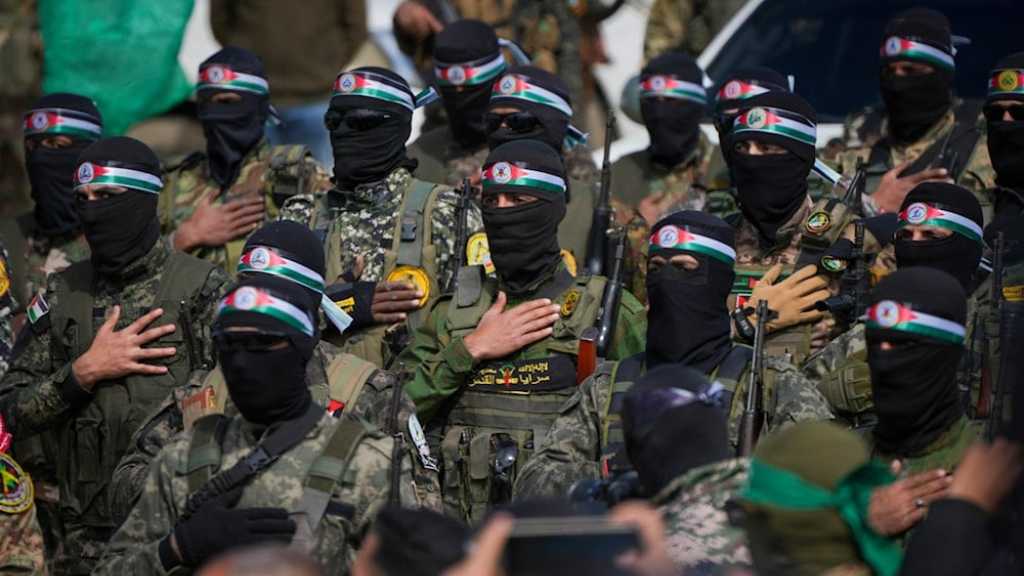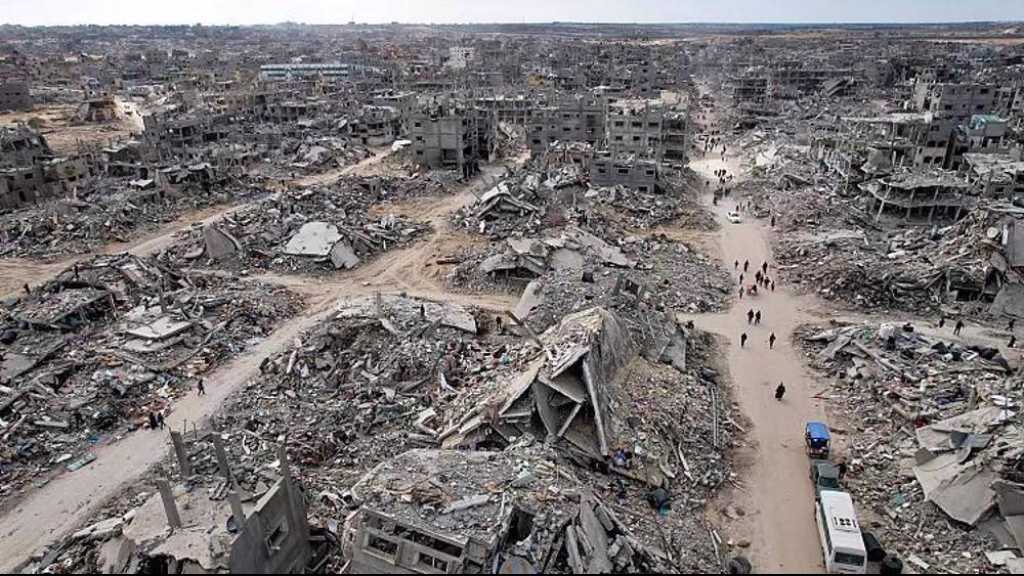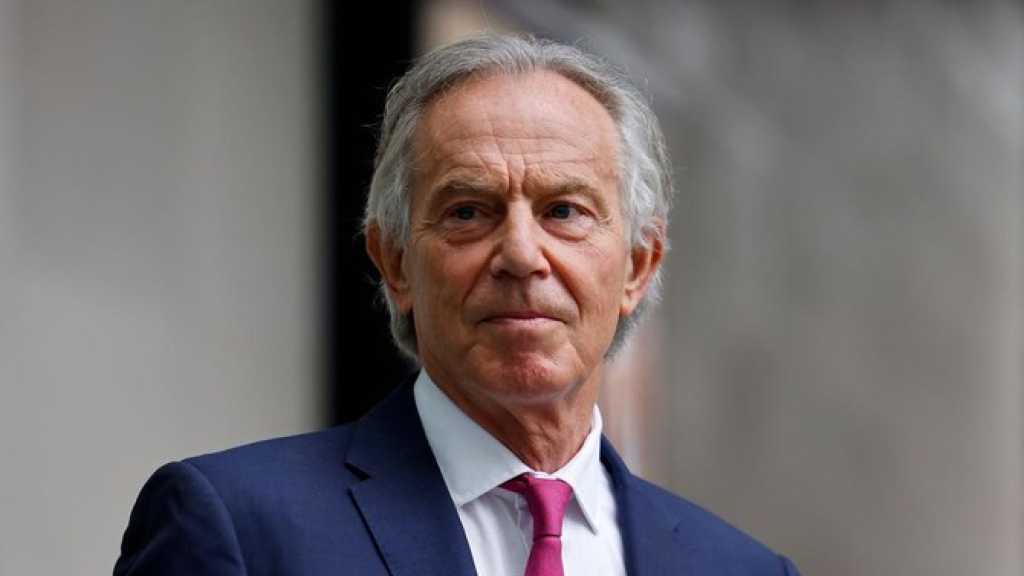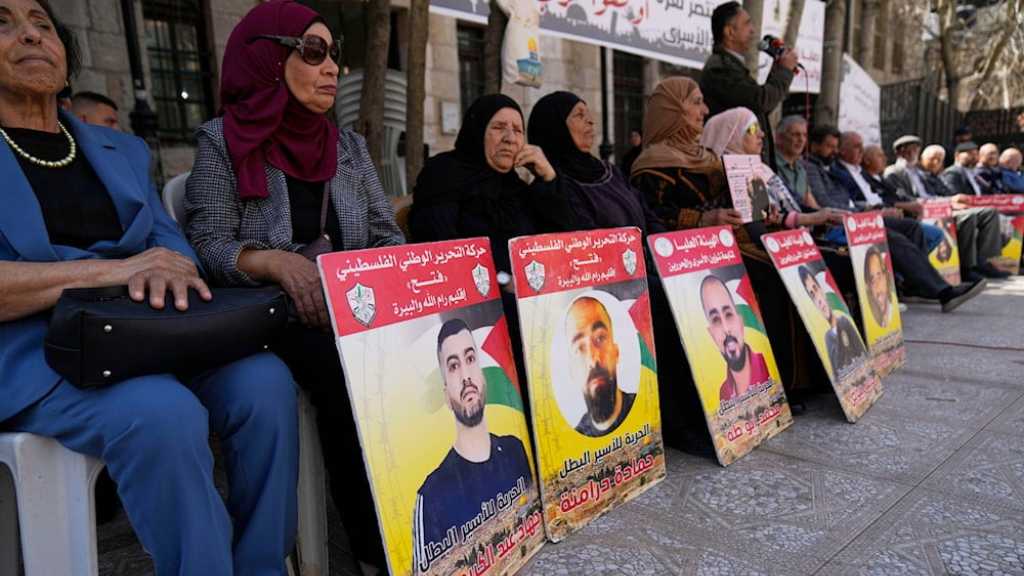West Bank villagers have "no future"

Source: The National, 03-06-2008
By: Omar Karmi, Foreign Correspondent
WADI FUKIN, WEST BANK -- Abu Wael bent down to pick up a small rock.
"Don't ask me about the future," said the 61-year-old shepherd who refused to give his full name. He hurled the rock into the distance to dissuade one of his sheep from straying too far. "There is no future here."
"Here" is Wadi Fukin, a village near Bethlehem situated in a fertile valley flush against the 1948 armistice line separating the West Bank from 'Israel'. Towering above it on top of the hills to its east and south lies the Jewish settlement of Betar Illit, where, on May 21, just as the Palestinian Investment Conference got under way in Bethlehem, 'Israel' announced that it was to build 286 housing units.
"Between here and here," said Abu Wael, pointing to a tree-lined hill to the west where 'Israel' begins and the red-roofed houses of Betar Illit on the hills opposite, "this is all we are left with".
Wadi Fukin lost 75 per cent of its land in 1948, when most of its fertile fields ended up on the other side of what became known as the green line. To its east lies Betar Illit, part of the Gush Etzion bloc of settlements that 'Israel' intends to annex in any final agreement with the Palestinians. To this end, the construction of 'Israel's' separation barrier in the area dips into the West Bank and will see villages like Wadi Fukin trapped between the wall and the green line.
Meanwhile, Wadi Fukin is being squeezed by Betar Illit to which it has already lost 15 per cent of its remaining land and whose expansion shows no sign of slowing. Founded in 1985, Betar Illit began life as a small religious settlement on one hill. It has now spread to four hills, is home to more than 34,000 Jews, most of them Orthodox, and, according to 'Israel's' central bureau of statistics, has one of the highest birth rates in 'Israel'.
"There is nowhere for us to build any more," said Mizhar Rabah, Wadi Fukin's deputy mayor. "We can only build inside the village because all the land around us is taken."
Mr Rabah, like other villagers, listed a litany of complaints against the settlement, from dumping sewage into the valley, creating rubble from construction, using up water resources ('Israelis' on average use five-and-a-half-times the amount of water that Palestinians use, according to the 'Israeli' human rights group b'tselem) and cutting farmers off from their lands.
Most important is the loss of land, which has devastated the village's traditional reliance on agriculture.
"People are leaving agriculture to find unskilled work in 'Israel'," Mr Rabah said. "If they have no permits, they sneak across. They have no choice."
Mr Rabah, like Abu Wael, lost family land to Betar Illit, but both seemed despondent of any chance of getting it back.
"We have tried going the legal route," Mr Rabah said. "I think everyone in the village has a case open. But there are so many obstacles."
Abu Wael simply pointed to Betar Illit. "I had 12 dunams [1.2 hectares] up there, in the middle of the settlement. But do you think once they get their hands on it, they will let go easily?"
The 'Israeli' settlements in the West Bank are illegal under international law, which forbids an occupying power from moving its civilian population into territories acquired in war. But 'Israel' insists that international law does not apply to its occupation of the West Bank and instead uses a combination of Ottoman and Jordanian law to seize land for settlements. According to these laws, one way for land to be declared state domain, and thus open for settlement building, is if it lies fallow for a certain time, like much hilltop land is. Compounding the problems for Palestinians, land ownership records are rarely comprehensive if they even exist. This is an especially acute problem in such small villages as Wadi Fukin.
(Notwithstanding the lack of records, a 2007 report by Peace Now, an 'Israeli' organisation, found that 34 per cent of the land controlled by settlements in the West Bank was privately owned Palestinian land.)
The legal tools available to Palestinians trying to challenge land confiscations in 'Israeli' courts are therefore limited and lawyers who have taken on cases accept that they face an uphill battle.
"It is very difficult," said Ossama Halaby, a lawyer who has represented villagers from Wadi Fukin. "Laws are not separate from politics. The legal battle in the 'Israeli' court system is not very promising."
Mr Halaby said villagers will face bureaucratic obstacles before they can even get a police hearing and then may find that their land has already been declared state domain.
The real battle, he said, was political. The Palestinian side must insist that international law applies and that the occupied territories are considered occupied.
"I think people should not ignore the legal battle in 'Israeli' courts. They should continue to go through this route to stop things getting worse. But in the long run, it's a political battle."
Wadi Fukin villagers still talk of peace, even if they say peace is incompatible with the settlement they look up at every day.
"I can't imagine normal relations with the settlers," Mr Rabah said. "There can be peace, but we must have our land back." Cooling down in a pool in the middle of the valley, Salman Issa, 14, agreed.
"The settlement has to go," he said, nodding darkly up the hill. But unlike the older generations, Salman seemed confident that one day it would.
"I like it here," he said. "It's my home. That won't change."
By: Omar Karmi, Foreign Correspondent
WADI FUKIN, WEST BANK -- Abu Wael bent down to pick up a small rock.
"Don't ask me about the future," said the 61-year-old shepherd who refused to give his full name. He hurled the rock into the distance to dissuade one of his sheep from straying too far. "There is no future here."
"Here" is Wadi Fukin, a village near Bethlehem situated in a fertile valley flush against the 1948 armistice line separating the West Bank from 'Israel'. Towering above it on top of the hills to its east and south lies the Jewish settlement of Betar Illit, where, on May 21, just as the Palestinian Investment Conference got under way in Bethlehem, 'Israel' announced that it was to build 286 housing units.
"Between here and here," said Abu Wael, pointing to a tree-lined hill to the west where 'Israel' begins and the red-roofed houses of Betar Illit on the hills opposite, "this is all we are left with".
Wadi Fukin lost 75 per cent of its land in 1948, when most of its fertile fields ended up on the other side of what became known as the green line. To its east lies Betar Illit, part of the Gush Etzion bloc of settlements that 'Israel' intends to annex in any final agreement with the Palestinians. To this end, the construction of 'Israel's' separation barrier in the area dips into the West Bank and will see villages like Wadi Fukin trapped between the wall and the green line.
Meanwhile, Wadi Fukin is being squeezed by Betar Illit to which it has already lost 15 per cent of its remaining land and whose expansion shows no sign of slowing. Founded in 1985, Betar Illit began life as a small religious settlement on one hill. It has now spread to four hills, is home to more than 34,000 Jews, most of them Orthodox, and, according to 'Israel's' central bureau of statistics, has one of the highest birth rates in 'Israel'.
"There is nowhere for us to build any more," said Mizhar Rabah, Wadi Fukin's deputy mayor. "We can only build inside the village because all the land around us is taken."
Mr Rabah, like other villagers, listed a litany of complaints against the settlement, from dumping sewage into the valley, creating rubble from construction, using up water resources ('Israelis' on average use five-and-a-half-times the amount of water that Palestinians use, according to the 'Israeli' human rights group b'tselem) and cutting farmers off from their lands.
Most important is the loss of land, which has devastated the village's traditional reliance on agriculture.
"People are leaving agriculture to find unskilled work in 'Israel'," Mr Rabah said. "If they have no permits, they sneak across. They have no choice."
Mr Rabah, like Abu Wael, lost family land to Betar Illit, but both seemed despondent of any chance of getting it back.
"We have tried going the legal route," Mr Rabah said. "I think everyone in the village has a case open. But there are so many obstacles."
Abu Wael simply pointed to Betar Illit. "I had 12 dunams [1.2 hectares] up there, in the middle of the settlement. But do you think once they get their hands on it, they will let go easily?"
The 'Israeli' settlements in the West Bank are illegal under international law, which forbids an occupying power from moving its civilian population into territories acquired in war. But 'Israel' insists that international law does not apply to its occupation of the West Bank and instead uses a combination of Ottoman and Jordanian law to seize land for settlements. According to these laws, one way for land to be declared state domain, and thus open for settlement building, is if it lies fallow for a certain time, like much hilltop land is. Compounding the problems for Palestinians, land ownership records are rarely comprehensive if they even exist. This is an especially acute problem in such small villages as Wadi Fukin.
(Notwithstanding the lack of records, a 2007 report by Peace Now, an 'Israeli' organisation, found that 34 per cent of the land controlled by settlements in the West Bank was privately owned Palestinian land.)
The legal tools available to Palestinians trying to challenge land confiscations in 'Israeli' courts are therefore limited and lawyers who have taken on cases accept that they face an uphill battle.
"It is very difficult," said Ossama Halaby, a lawyer who has represented villagers from Wadi Fukin. "Laws are not separate from politics. The legal battle in the 'Israeli' court system is not very promising."
Mr Halaby said villagers will face bureaucratic obstacles before they can even get a police hearing and then may find that their land has already been declared state domain.
The real battle, he said, was political. The Palestinian side must insist that international law applies and that the occupied territories are considered occupied.
"I think people should not ignore the legal battle in 'Israeli' courts. They should continue to go through this route to stop things getting worse. But in the long run, it's a political battle."
Wadi Fukin villagers still talk of peace, even if they say peace is incompatible with the settlement they look up at every day.
"I can't imagine normal relations with the settlers," Mr Rabah said. "There can be peace, but we must have our land back." Cooling down in a pool in the middle of the valley, Salman Issa, 14, agreed.
"The settlement has to go," he said, nodding darkly up the hill. But unlike the older generations, Salman seemed confident that one day it would.
"I like it here," he said. "It's my home. That won't change."
Comments

Hamas Weighs Trump Gaza Plan, PIJ Rejects
one month ago


